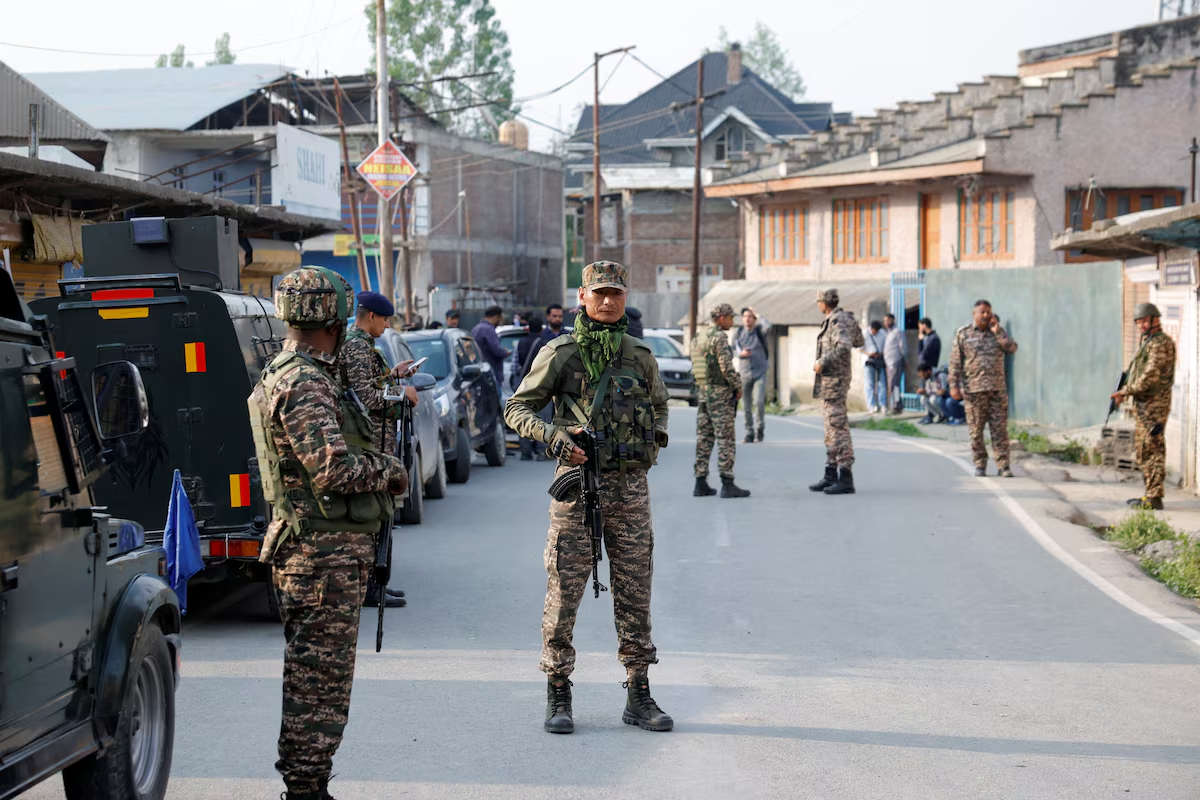On May 10, 2025, India and Pakistan announced a ceasefire following intense U.S.-mediated diplomacy, aiming to halt the most severe military conflict between the two nations in nearly three decades. The hostilities were triggered by India’s airstrikes on what it identified as “terrorist infrastructure” in Pakistani-administered Kashmir, in response to an attack that killed 26 Hindu tourists in Indian Kashmir. The ensuing conflict involved cross-border exchanges of missiles, drones, and heavy shelling, resulting in at least 66 civilian deaths.
Despite the ceasefire, explosions were reported shortly after in Indian Kashmir’s Srinagar and Jammu regions. Indian officials accused Pakistan of violating the agreement, a claim Pakistan denied. Diplomatic channels and military hotlines have been activated, with future talks planned at a neutral venue. However, punitive measures such as trade suspensions and visa restrictions remain in effect, and India’s suspension of the Indus Waters Treaty continues. The ceasefire brought initial relief, but the violations have raised concerns about its sustainability in the long-standing Kashmir dispute that has previously led to three wars and ongoing tensions.
In the days leading up to the ceasefire, both nations engaged in significant military actions. India launched “Operation Sindoor,” targeting nine sites in Pakistan and Pakistani-administered Kashmir, which it claimed were used by terrorist groups for recruitment and training. Pakistan responded by claiming to have shot down several Indian aircraft and launching artillery strikes on Indian military positions in Kashmir. The conflict also disrupted air travel, with Pakistan closing its airspace and international airlines rerouting flights.
The international community has expressed concern over the escalating tensions. The United States offered to assist in initiating constructive dialogue between the two nations, emphasizing the need for direct communication to prevent further miscalculations. The Group of Seven (G7) nations also urged both countries to engage in direct talks, condemning the recent Islamist attack in Kashmir and stressing the urgent need for a peaceful resolution.
Domestically, both India and Pakistan face significant challenges. India is dealing with slowed economic growth and recent trade negotiations with the U.S. and U.K., while Pakistan is managing a fragile recovery aided by a $7 billion IMF program. The conflict has already disrupted air travel and halted tourism, with India suspending a water-sharing treaty, causing concern in Pakistan. Markets in India reacted negatively with sharp declines, although investors appear cautiously optimistic in the medium term.
As the situation remains volatile, the sustainability of the ceasefire is uncertain. Both nations have upgraded their military capabilities since their 2019 clashes, increasing the risks of escalation. While the ceasefire represents a tentative step back from conflict, the underlying issues, particularly the Kashmir dispute, continue to pose significant challenges to lasting peace in the region.
Source: Reuters



